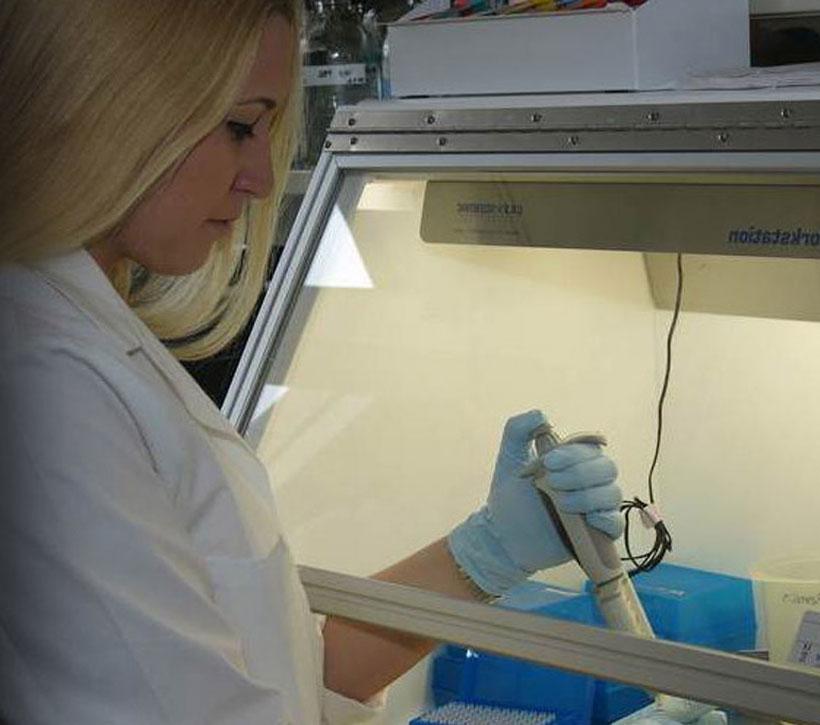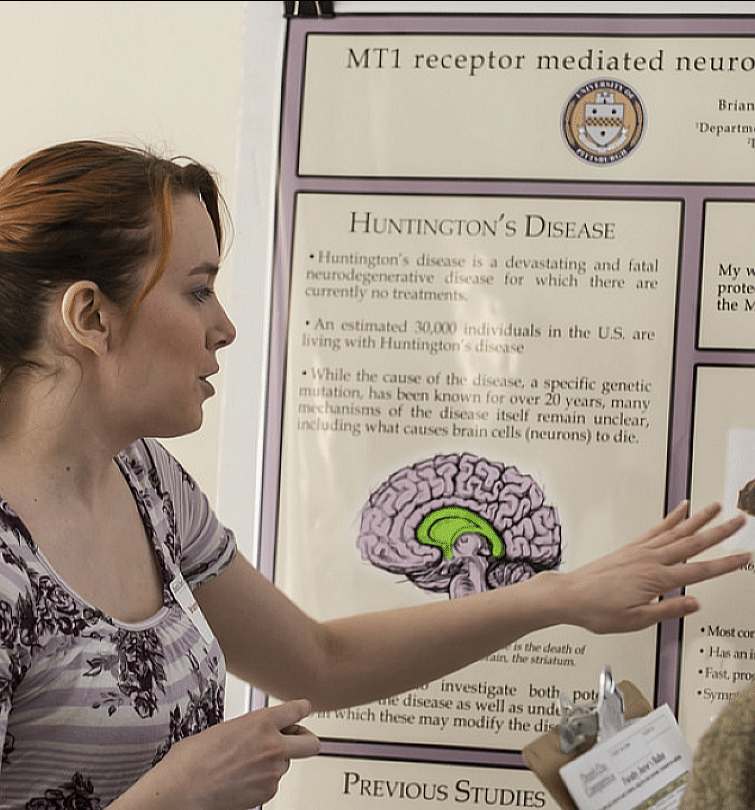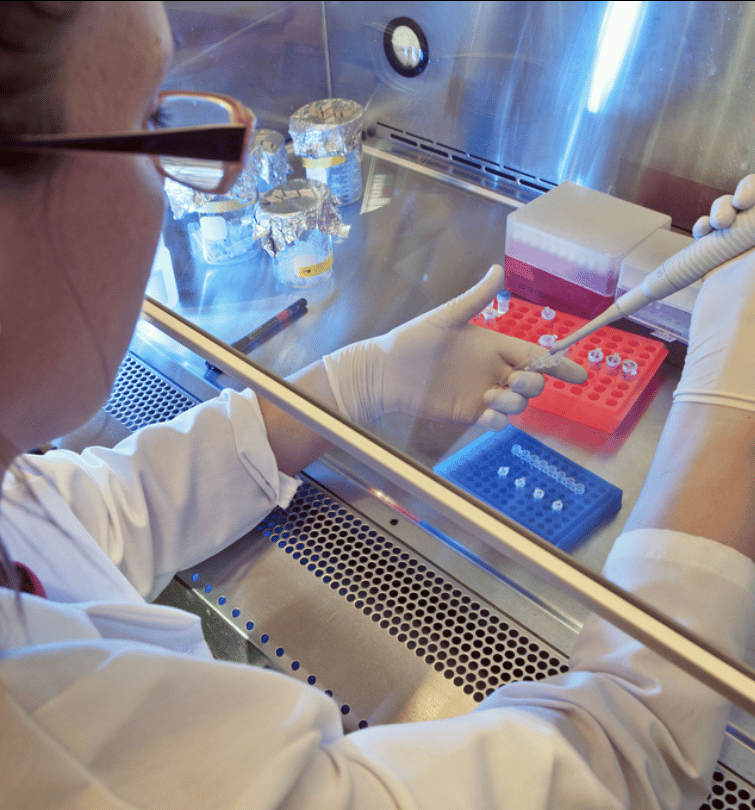
How does DNA Determine Someone’s Predisposition to Disease?
Our department is dedicated to graduate training in human genetics research (including molecular, statistical, and bioinformatics research), public health genetics, and genetic counseling.
Highlights
Meet Our Faculty
Meet the faculty who will teach and mentor you, and learn about the innovative research projects they’re directing.

News

Pitt students place in top ten at National Bioethics Bowl
Pitt finished 9th in its first showing at the National Bioethics Bowl on Saturday, April 13, at Baylor University in Waco, Texas.

Deem awarded fellowship to develop Public Health and Human Flourishing course
Michael Deem, associate professor of human genetics, was recently awarded a Signature Course Fellowship by the University of Notre Dame’s Institute for Advanced Studies.

Quasar Padiath Appointed Human Genetics Chair
Department of Human Genetics Associate Professor Quasar S. Padiath has been appointed to the position of chair of the department, his academic home since 2011.


